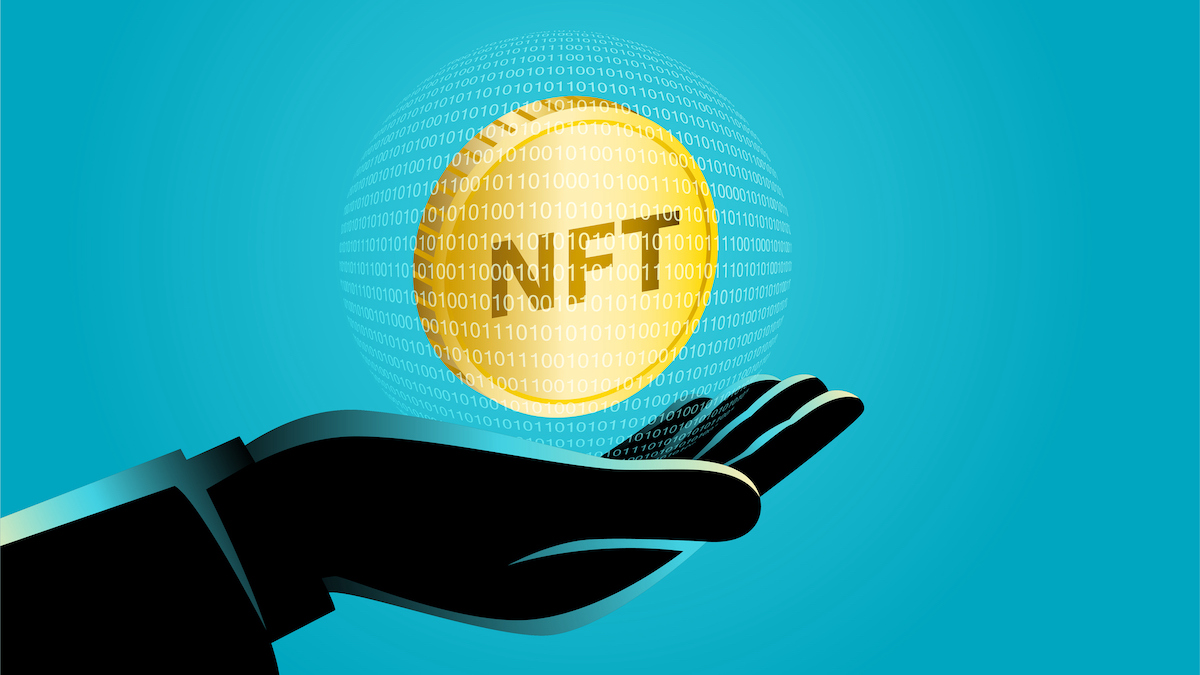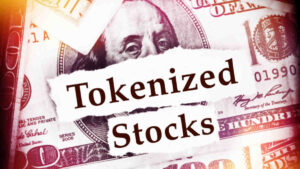NFT wash trading and money laundering a tiny fraction of the market, report finds

Getty Images
Wash trading was used to artificially increase the value of some NFTs last year, with 262 sellers making a combined profit of $8.5 million through the dubious tactic, a new report indicates.
But money laundering involving NFTs was just a “drop in the bucket” compared to other crypto methods.
The report from blockchain analytics platform Chainalysis identified wash trading by finding NFT trades between wallets that were “self-financed,” meaning the funds used by the buyer appeared to be coming from the seller.
“In the case of NFT wash trading, the goal would be to make one’s NFT appear more valuable than it really is by ‘selling it’ to a new wallet the original owner also controls,” Chainalysis wrote.
Taking into account the cost of gas (Ethereum transaction fees) most wash traders weren’t actually profitable, the company wrote. But a smaller number were so good at it that collectively the group made good money.
“The 110 profitable wash traders have collectively made nearly $8.9 million in profit from this activity, dwarfing the $416,984 in losses made by the 152 unprofitable wash traders,” Chainalysis wrote.
According to Dappradar, there were $23 billion in NFT sales in 2021.
NFTs in money laundering
Chainalysis found that money laundering grew in 2021, crossing US$1 million in the third quarter and topping out at US$1.4 million in the fourth quarter.
But that’s still just a “drop in the bucket” compared to the $8.6 billion worth of cryptocurrency-related money laundering that Chainalysis tracked in all of 2021, the firm writes.
And between US$800 billion and $2 trillion in fiat currency is laundered each year, according to the UN Office of Drugs and Crime.
“Nevertheless, money laundering, and in particular transfers from sanctioned cryptocurrency businesses, represents a large risk to building trust in NFTs, and should be monitored more closely by marketplaces, regulators, and law enforcement,” Chainalysis wrote.
The vast majority of the illicit funds sent to NFT marketplaces last year were from addresses involved in scams, Chainalysis said.
The report noted that money laundering is also an issue in the world of physical fine art, and is even more difficult to track. Billions of dollars in art is held and traded in airport freeports, as highlighted in the movie “Tenet”.
Related Topics
UNLOCK INSIGHTS
Discover the untold stories of emerging ASX stocks.
Daily news and expert analysis, it's free to subscribe.
By proceeding, you confirm you understand that we handle personal information in accordance with our Privacy Policy.








